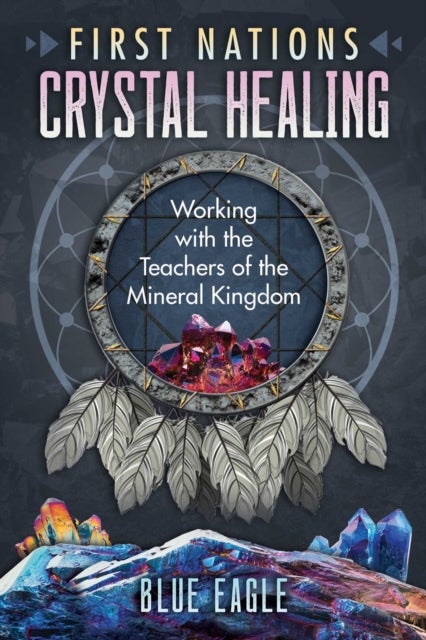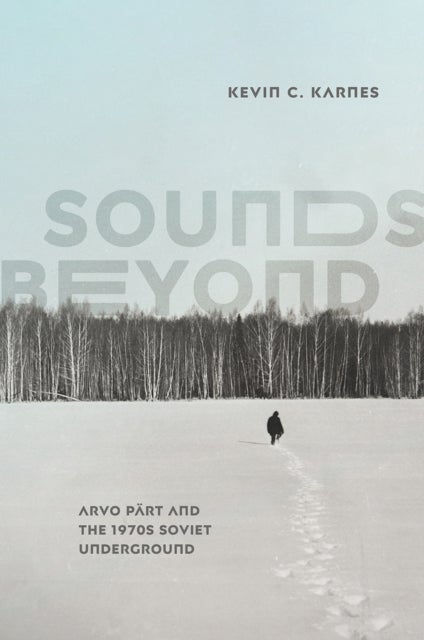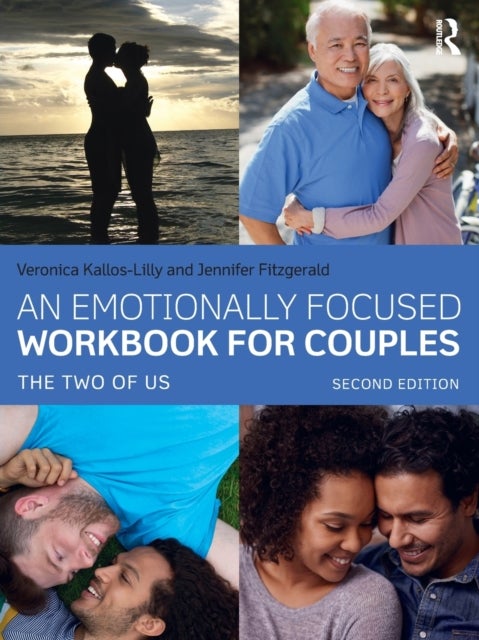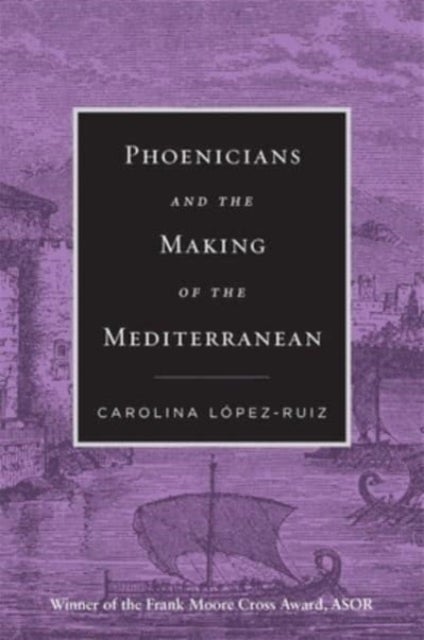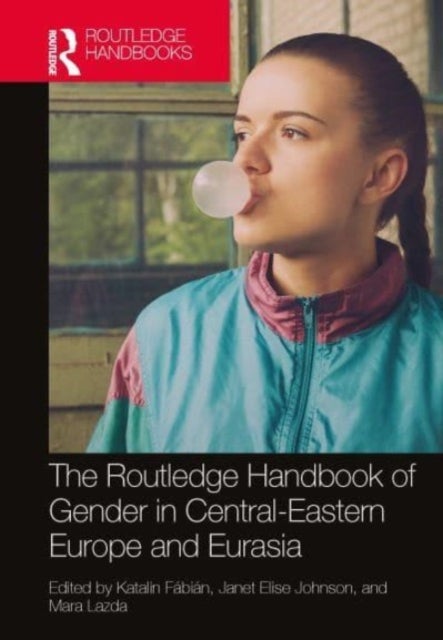
The Routledge Handbook of Gender in Central-Eastern Europe and Eurasia
529,-
<P>This <EM>Handbook</EM> is the key reference for contemporary historical and political approaches to gender in Central-Eastern Europe and Eurasia. Leading scholars examine the region¿s highly diverse politics, histories, cultures, ethnicities, and religions, and how these structures intersect with gender alongside class, sexuality, coloniality, and racism. Comprising 51 chapters, the <EM>Handbook </EM>is divided into six thematic parts:</P><B><P>Part I Conceptual debates and methodological differences</P><P>Part II Feminist and women¿s movements cooperating and colliding</P><P>Part III Constructions of gender in different ideologies</P><P>Part IV Lived experiences of individuals in different regimes</P><P>Part V The ambiguous postcommunist transitions</P><P>Part VI Postcommunist policy issues</P></B><P>With a focus on defining debates, the collection considers how the shared experiences, especially communism, affect political forces¿ organization of



